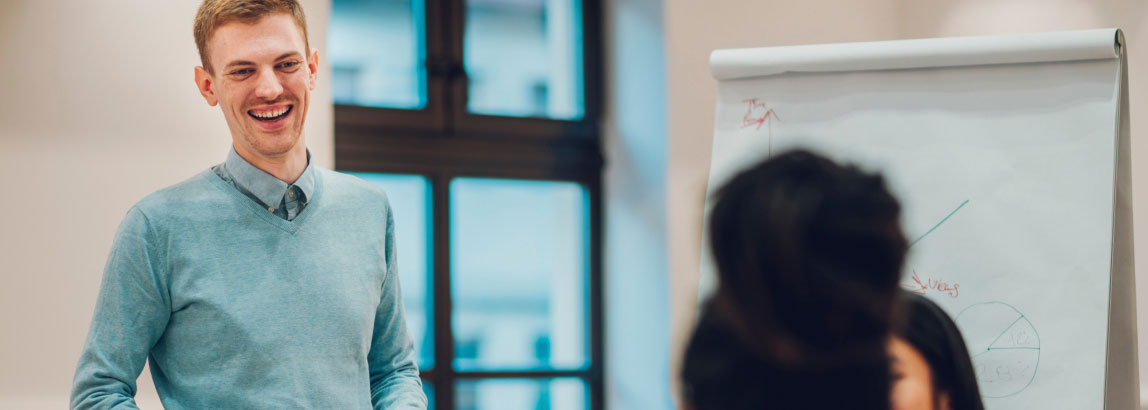Niet gevonden

Gerelateerde vacatures

Management assistent Universiteitsbibliotheek
- 0,6 / 0,8
- Universiteitsbibliotheek
- Overig ondersteunend
- MBO
- Sluit op25-08-2024
Zorg jij als management-assistent voor een goed georganiseerde afdeling? Ben je goed in agendabeheer, organiseren en teamwork? Solliciteer dan bij de Vrije Universiteit Amsterdam (VU).
Bekijk vacature

Research Software Engineer
- 0,8 / 1
- Informatie Technologie
- ICT, Ontwikkeling & Innovatie
- HBO / Bachelor
- Sluit op31-08-2024
Team IT voor Onderzoek (ITvO) gaat een vernieuwende fase in. Sluit je aan bij een klein en dynamisch team als research software engineer en ga aan de slag met het optimaliseren van software voor het gebruik van onze on-premise HPC (Bazis).
Bekijk vacature

Studieadviseur
- 0,6 / 0,6
- Faculteit der Sociale Wetenschappen
- Overig ondersteunend
- WO / MSc
- Sluit op12-08-2024
Heb jij interesse in de sociaal-emotionele ontwikkeling van studenten in het hoger onderwijs, ervaring met gespreksvoering en werk je graag samen in een team? Solliciteer dan bij de Vrije Universiteit Amsterdam (VU).
Bekijk vacature
Deze website maakt gebruik van cookies
Wij, en derde partijen, maken op onze website gebruik van cookies. Wij gebruiken cookies om ervoor te zorgen dat onze website goed functioneert, om jouw voorkeuren op te slaan, om inzicht te verkrijgen in bezoekersgedrag, maar ook voor marketing en social media doeleinden (laten zien van gepersonaliseerde advertenties). Door op ‘Accepteren’ te klikken, ga je akkoord met het gebruik van alle cookies. In onze Cookieverklaring kun je meer lezen over de cookies die wij gebruiken en kun je jouw voorkeuren opslaan of wijzigen. Door ‘Weigeren’ te klikken ga je alleen akkoord met het gebruik van functionele cookies.